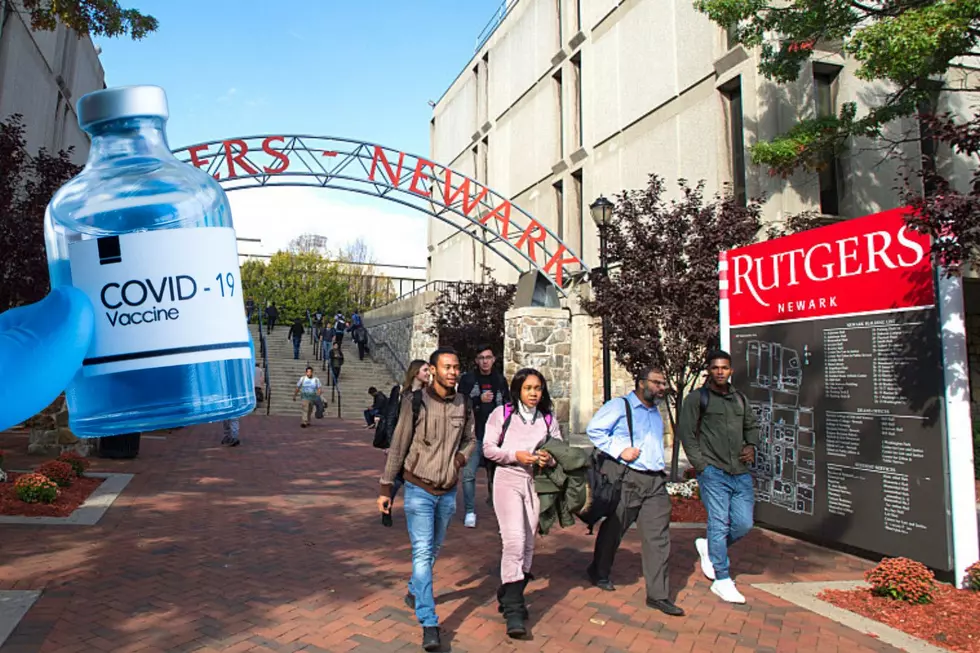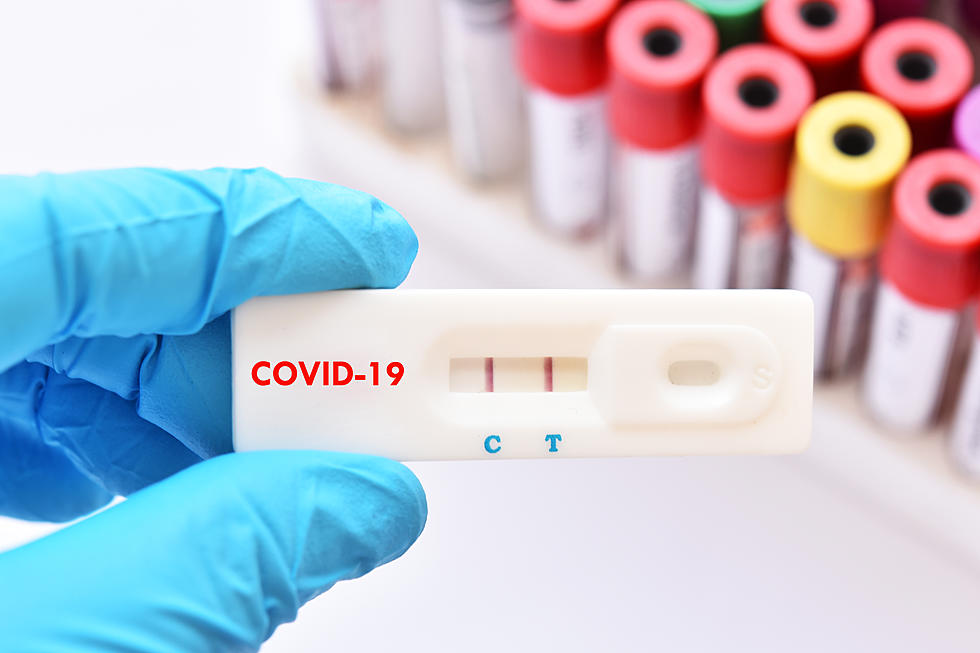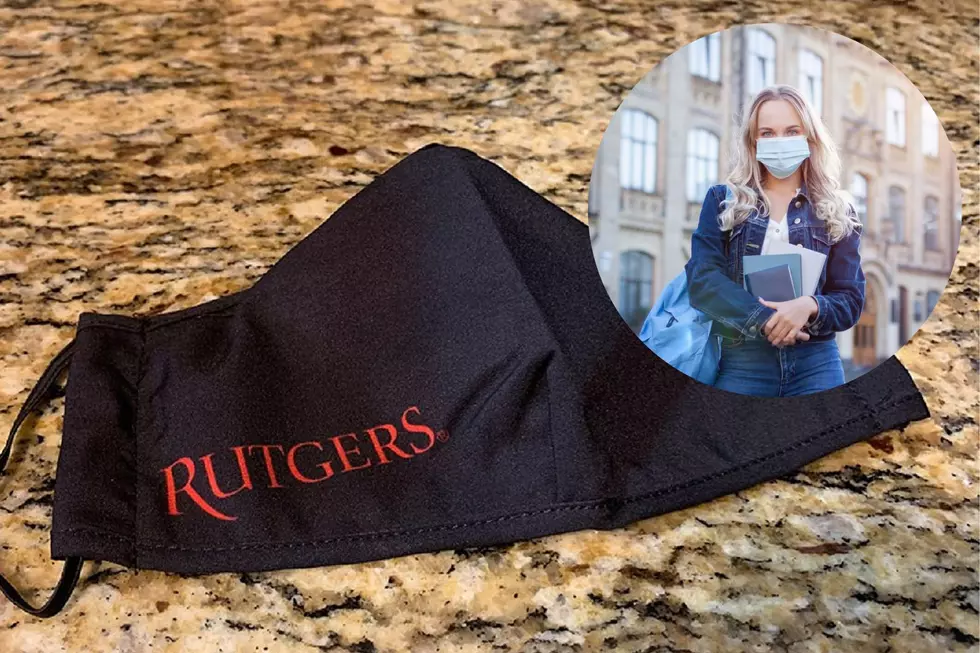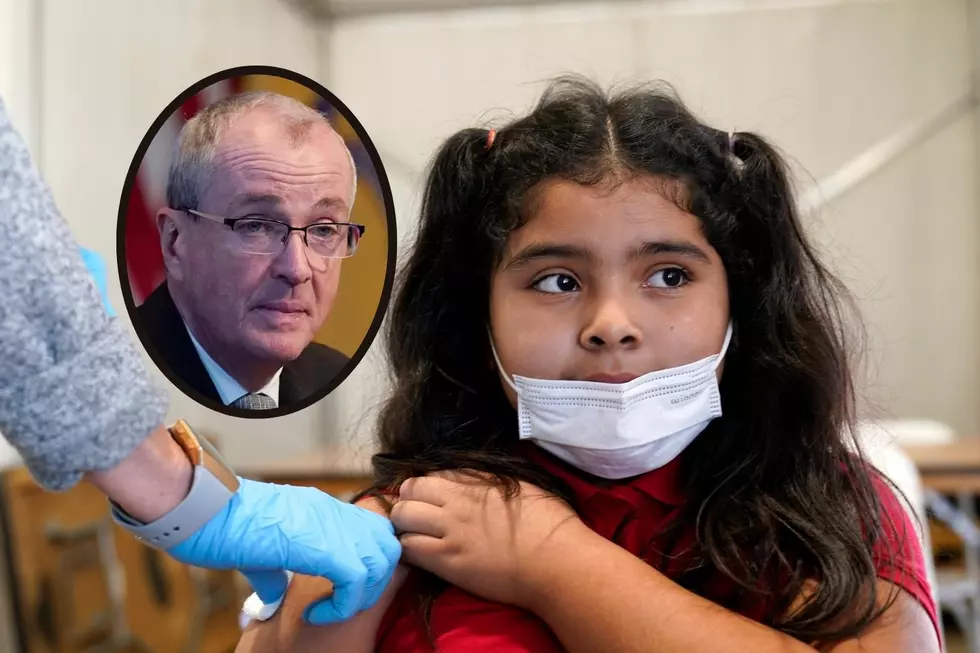
Rutgers studying how home air filters could stop COVID-19 spread
Rutgers Environmental and Occupational Health Sciences Institute is looking for eligible participants for a new study to understand airborne viral concentrations present in the air of homes of adults who have recently tested positive for COVID-19.
Howard Kipen, professor of public health at Rutgers School of Public Health and The Environmental and Occupational Health Sciences Institute, said the CDC recently reported that there's a transmission rate of up to 50% from one member of a household to others. So, half of people who get infected and live with other people will transmit the infection to others.
He said he thinks that's because the COVID-19 virus is floating around in the air. The traditional teaching was that the virus was carried by larger particles of saliva that would fall to the ground within a 6-foot distance.
Kipen said it was worth testing whether researchers could filter the virus out of the air, either as plain virus or as attached to very fine particles, thus lowering the concentration and reducing the likelihood that people would transmit the infection.
Participants will be screened over the phone. They must have been infected fewer than seven days. Kipen said two technicians will come to the home with air sampling equipment and with a portable air cleaner.
The air cleaner runs for 24 hours with the HEPA filter in, then another 24 hours without the filter to see if the levels of virus in the air are reduced when the filter is running.
Participants get to keep the air filters.
Kipen said he and the researchers are hoping to learn that the air filters reduce the burden or concentration of virus in the air in the sick rooms. If that's true, then one can undertake studies to see if it actually reduces the infection rate in other members of the household.
He said this could be of special benefit to people who live in more crowded household conditions, making it harder to isolate completely from other residents.
Rutgers researchers completed a pre-pandemic study with air filters just to see if they could reduce the levels of particles that have been linked to serious heart and lung conditions. Kipen said the air filters reduced the levels of particles by up to 60%.
Fifteen households have taken part in the study so far, but Kipen said they're hoping to get 30. Once they get 30 homes, they'll assess the data.
For more information about this study, or to participate, go to http://eohsi.rutgers.edu/aircleanerscovid/ or contact the study team at researchstudy@eohsi.rutgers.edu or phone 732-535-0780.

LOOK: Rock's Forgotten Supergroups
More From Beach Radio










